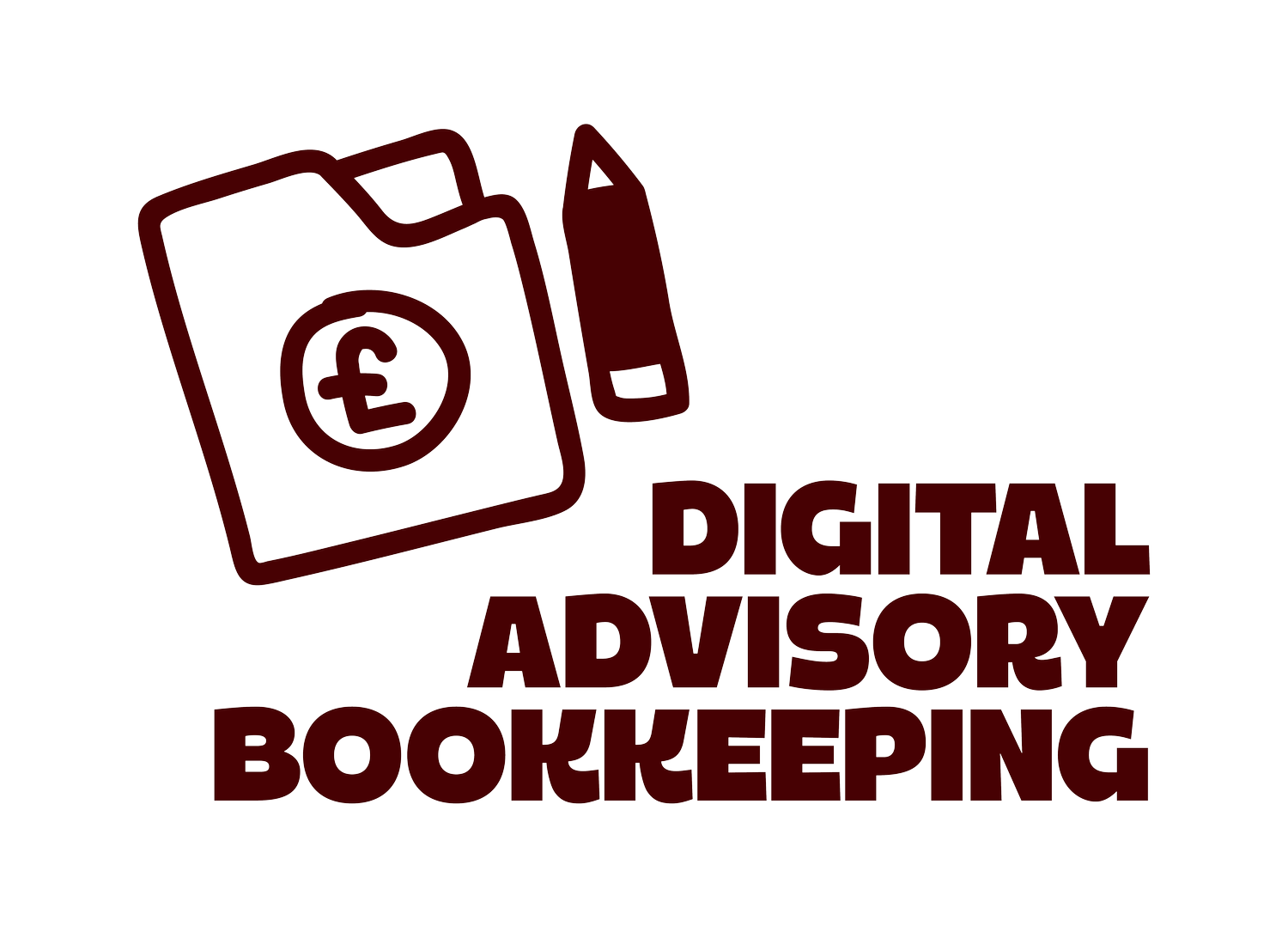Cash is King. Why Cash is vital for businesses:
Cash is King: Why Cash Flow Reigns Supreme in Business
It’s true what they say: cash is king. While revenue, profits, and assets are important, nothing keeps a business alive and thriving like healthy cash flow. Here’s why cash deserves the crown and how it plays a pivotal role in every business's success.
Why Cash is Vital for Business Survival
1. The Lifeline of Daily Operations Cash is the fuel that keeps the engine of your business running. From paying employees and suppliers to covering rent and utilities, cash ensures that your day-to-day operations can continue without a hitch. Without it, even a profitable business can grind to a halt.
2. Preparing for the Unexpected In business, unexpected expenses can pop up at any time—whether it’s a sudden repair, an unplanned purchase, or a temporary dip in sales. Maintaining strong cash reserves acts as a buffer, giving you the flexibility to handle surprises without derailing your business.
3. Building Business Credibility Consistent cash flow demonstrates financial stability to lenders, investors, and suppliers. When these stakeholders see that your business manages its cash effectively, they’re more likely to extend credit, invest in your growth, or offer favorable payment terms.
4. Seizing Growth Opportunities Opportunities often require quick action, whether it’s purchasing new equipment, expanding your premises, or acquiring another business. With cash on hand, you have the agility to seize these opportunities without hesitation.
5. Managing Debt Wisely Cash flow plays a crucial role in managing debt. Regular cash inflow allows you to meet loan repayments on time, avoiding penalties and maintaining a healthy credit score. It also reduces the need for excessive borrowing, which can strain your finances.
The Cash Flow Equation: Inflows vs. Outflows
At its core, managing cash is about balancing the inflows and outflows:
Cash Inflows: Revenue from sales, payments from customers, and other sources of income.
Cash Outflows: Expenses such as payroll, rent, utilities, and inventory purchases.
To ensure your business thrives, prioritize strategies to increase inflows while keeping outflows under control. This balance is the foundation of financial health.
How to Keep Cash Flow Strong
1. Monitor Cash Flow Regularly Stay on top of your cash flow by tracking it weekly or monthly. Use cash flow statements and forecasting tools to anticipate potential shortfalls and plan accordingly.
2. Accelerate Receivables Encourage faster payments from customers by offering incentives for early payment or implementing clear payment terms. Invoice promptly and follow up consistently.
3. Control Expenses Review your spending habits and identify areas where you can cut unnecessary costs. Every pound saved strengthens your cash position.
4. Build a Cash Reserve Set aside a portion of your cash flow each month to create a reserve fund. This financial cushion will help you weather lean periods and emergencies.
5. Use Technology Leverage accounting and cash flow management software to simplify tracking and gain real-time insights into your finances. Automation can also improve efficiency and reduce errors.
Conclusion: Cash is King, Always
Without adequate cash flow, even the most profitable businesses can struggle to survive. By prioritising cash management, you not only safeguard your business against challenges but also position it for long-term success.
Remember, cash isn’t just a number on your balance sheet—it’s the lifeblood of your business. Keep it flowing, and watch your business thrive.
Contact us to find out how we can help with your cashflow.
